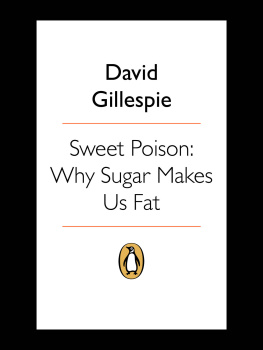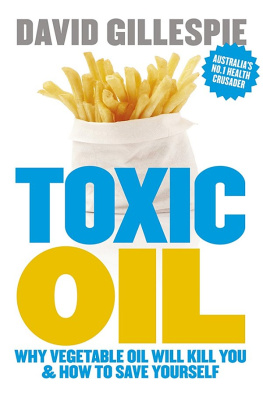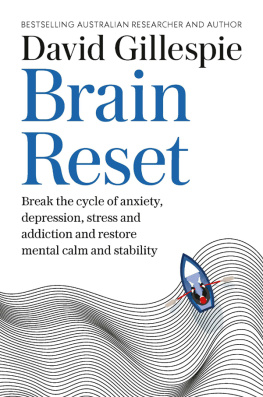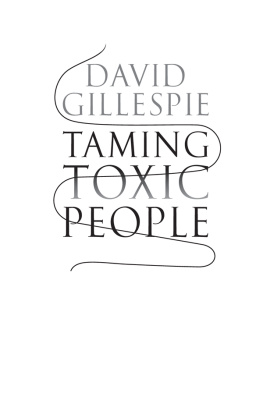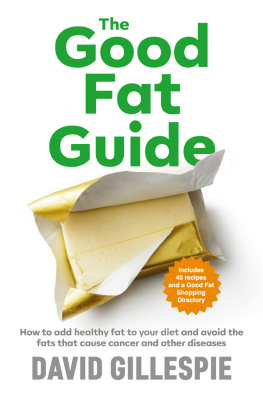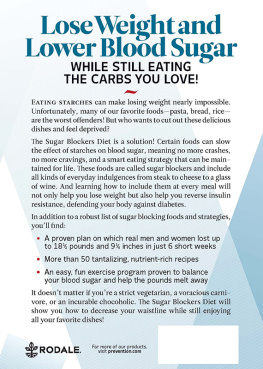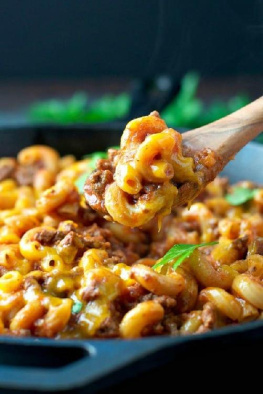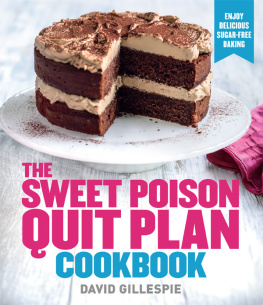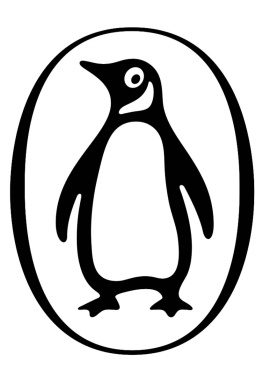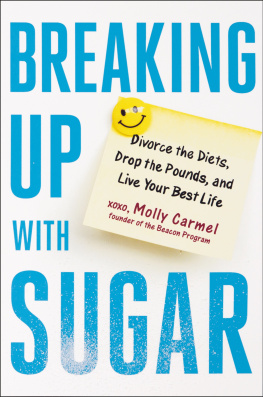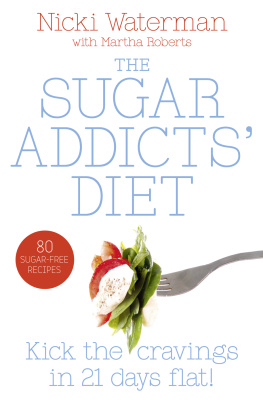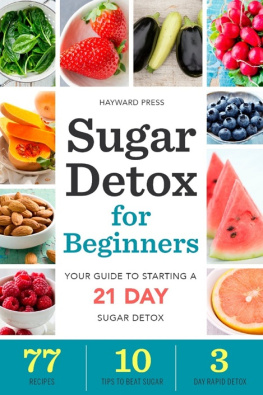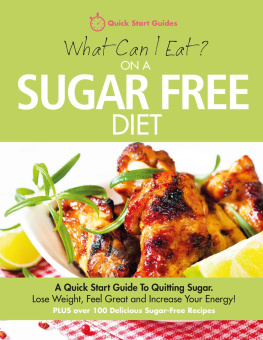SWEET POISON
DAVID GILLESPIE is a recovering corporate lawyer, co-founder of a successful software company and consultant to the IT industry. He is also a father of six young children (including one set of twins). With such a lot of extra time on his hands, and 40 extra kilos on his waistline, he set out to investigate why he, like so many in his generation, was fat. He deciphered the latest medical findings on diet and weight gain and what he found was chilling. Being fat was the least of his problems. He needed to stop poisoning himself.
Praise forSweet Poison
Whats impressive about Sweet Poison is that Gillespie turns complex research on what happens to food inside our body and its relation to weight gain into a good read.
Sydney Morning Herald
Comprehensive, thought provoking and highly readable.
The Age
Eye-opening.
Womans Day
David Gillespies groundbreaking book on the dangers of a high sugar intake could well revolutionise the way you diet.
A Current Affair
Sweet Poison is a worthy and impassioned effort by an Australian dad to share his surprising discoveries with struggling dieters and provoke further debate about the obesity epidemic.
Australian Bookseller & Publisher
Ive lost 11kg without being on a diet. Its good to know this book is non-fiction.
Steve Irons MP, Member of the Parliamentary Inquiry into Obesity
SWEET POISON
WHY SUGAR MAKES US FAT
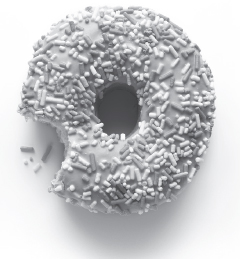
DAVID GILLESPIE
VIKING
an imprint of
PENGUIN BOOKS
For Lizzie, Anthony, James, Gwendolen, Adam, Elizabeth and Finlayson.
VIKING
Published by the Penguin Group
Penguin Group (Australia)
250 Camberwell Road, Camberwell, Victoria 3124, Australia
(a division of Pearson Australia Group Pty Ltd)
Penguin Group (USA) Inc.
375 Hudson Street, New York, New York 10014, USA
Penguin Group (Canada)
90 Eglinton Avenue East, Suite 700, Toronto, Canada ON M4P 2Y3
(a division of Pearson Penguin Canada Inc.)
Penguin Books Ltd
80 Strand, London WC2R 0RL England
Penguin Ireland
25 St Stephens Green, Dublin 2, Ireland
(a division of Penguin Books Ltd)
Penguin Books India Pvt Ltd
11 Community Centre, Panchsheel Park, New Delhi 110 017, India
Penguin Group (NZ)
67 Apollo Drive, Rosedale, North Shore 0632, New Zealand
(a division of Pearson New Zealand Ltd)
Penguin Books (South Africa) (Pty) Ltd
24 Sturdee Avenue, Rosebank, Johannesburg 2196, South Africa
Penguin Books Ltd, Registered Offices: 80 Strand, London, WC2R 0RL, England
First published by Penguin Group (Australia), 2008
Copyright David Gillespie 2008
The moral right of the author has been asserted
All rights reserved. Without limiting the rights under copyright reserved above, no part of this publication may be reproduced, stored in or introduced into a retrieval system, or transmitted, in any form or by any means (electronic, mechanical, photocopying, recording or otherwise), without the prior written permission of both the copyright owner and the above publisher of this book.
penguin.com.au
ISBN: 978-0-85796-659-9
Contents
Introduction
I still remember the day Lizzie told me. She had a stunned, almost fearful expression on her face and was unsure of herself in a way I had rarely seen in my wife of 13 years. Our fifth and assumedly last child had just been turned into twins with a wave of the ultrasound wand. In about eight months, we were to become parents of six children under nine years of age. I was about 40kg overweight, and had struggled with my weight for as long as I could remember (except for a brief period during university when I managed to snare Lizzie). I had tried most things, from reducing fat in my diet to not eating to regularly attending the gym and walking the dog. Sometimes I had had limited success (a few kilograms here and there), but it was mostly small backward steps on my ever-accelerating journey to obesity and beyond.
With the weight came lethargy and sleeping problems. As any parent could attest, getting enough sleep and having the energy to get through the day is difficult at the best of times, let alone when youre starting out in the red. I was going to have to be a dad to twin babies and four other young children and I couldnt see myself managing it carrying 40 extra kilos, feeling lethargic and not sleeping.
At the time, the Atkins diet was beginning to take off, with all manner of people touting it as a miracle diet. My uncle had recently undergone heart surgery and was now on Atkins. He had lost a vast amount of weight and was tucking into bacon and eggs every morning for breakfast. This looked like a diet I could really enjoy. I immediately cut out all carbs and, lo and behold, I started losing weight like never before (although I suspect it was because I found it almost impossible to find any food I wanted to eat that did not contain carbohydrates). I spent a couple of weeks feeling like I was starving to death. The weight was coming off but the willpower required to stay on the diet was overwhelming (not to mention the nasty side effects that eliminating fibre from my diet was having). I started to look for alternatives. At first low-GI diets seemed appealing, because they at least allowed you to eat some carbohydrates, but almost no foods were labelled with GI indicators and the maths involved in calculating it myself was beyond me. When chocolate spreads advertised their low-GI levels, I knew that if a food that was half sugar and half fat could earn a low-GI label, the GI calculation was probably almost meaningless for dieters.
I had been reading a lot about Charles Darwins life and his works on evolution. Darwins theories held that all characteristics of modern animals were survival responses developed slowly over millennia. As a result, we (and all animals) are woefully inadequate at dealing with sudden changes in the environment. After reading about these theories, it had occurred to me that my weight gain, and that of most other people in our society, could not possibly be down to a lack of willpower alone (since willpower, or the lack of it, would be an evolved characteristic that could not suddenly have changed in just a few hundred years). In a desperate attempt to find a way to keep up the weight loss without having to stay on the carb-free diet, I started to read up on human metabolism. I quickly came to the conclusion that I would have to learn a whole new vocabulary to understand most of what was being written. However, I was beginning to get the vague feeling that many in the medical profession took for granted a fact that was a complete mystery to the rest of us.
Study after study seemed to be pointing to the inescapable conclusion that the fructose part of sugar was fat-inducing in animals, and probably in humans as well. Worse still, it seemed to be complicit in making us want to eat more food in general. Although I found many studies within the medical fraternity backing this line of thought, documents written for the rest of us were almost impossible to find. Those that did exist were, more often than not, rants against sugar in general without any explanation as to why it was bad for us. I immediately changed from eliminating carbs to just eliminating foods with added sugar at last I could eat bread again. It was impossible to remove all sugar because everything seems to contain it, so I set myself a limit of no more than 10g of sugar in a meal (about the amount of fructose in an apple). This simply meant I no longer ate sweets and biscuits or drank juice and soft drink. The weight loss continued, but the diet was a lot easier to stick to. After a few months, I was so used to not having sugar that it took no willpower at all to refuse it. In fact, on the few occasions I did try chocolates, they tasted unbearably sweet.
Next page
